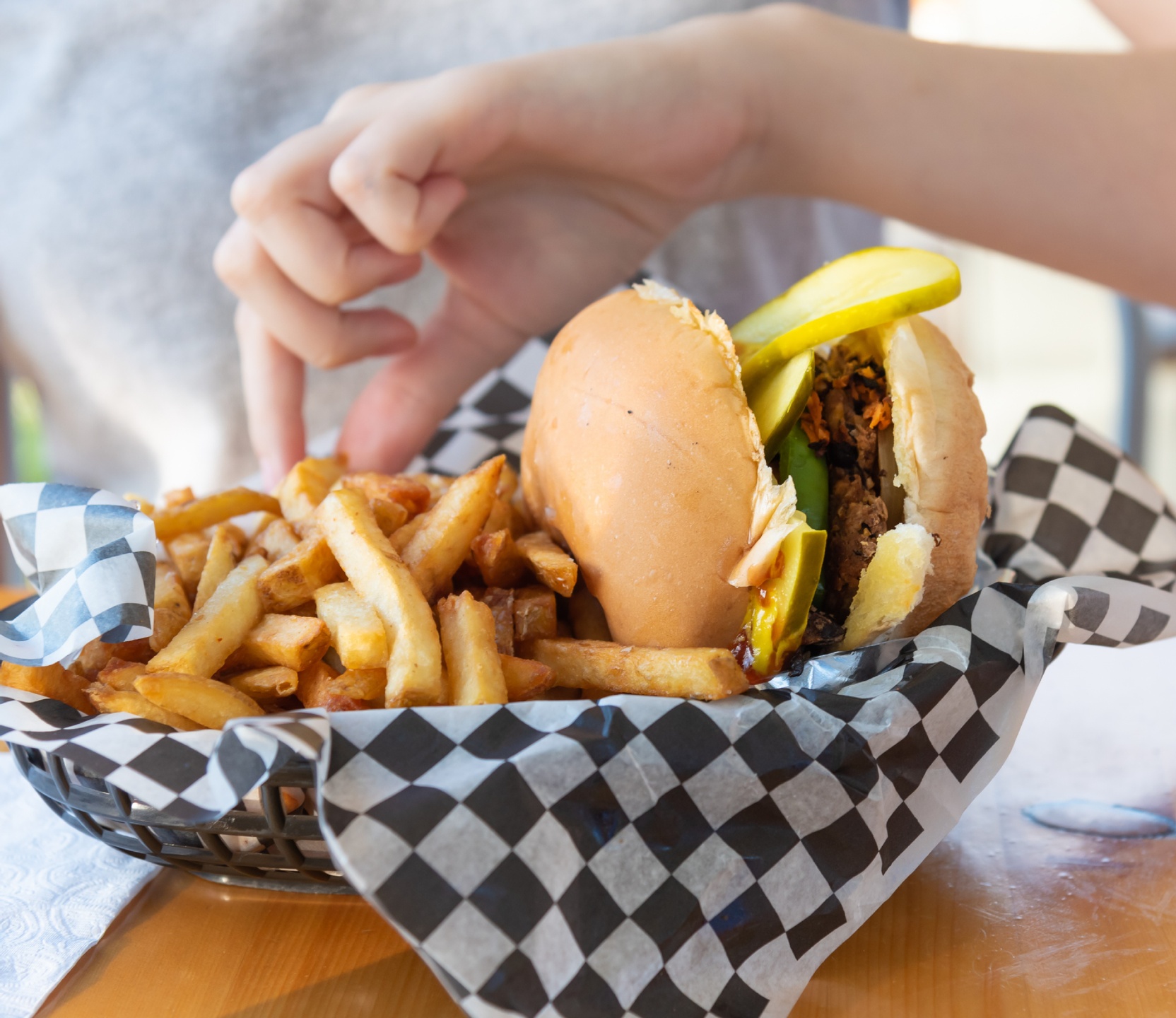Wondering if You Can Benefit from a Candida Diet?
You're in the right place!
What is Candida?
Candida albicans is a yeast, a type of fungus that lives in everyone’s body. Our intestines have both good and bad bacteria at all times, and when these are in balance our gut is happy. And keeping our gut happy and healthy is important since it’s where our body absorbs nutrients and minerals from the food we eat. If fact, Hippocrates believed that “all disease begins in the gut.” But when the balance of our gut bacteria is off, meaning that the bad has overtaken the good, health problems occur.
Listen to your Gut.
Your digestive tract is so cool it goes by a slang word: gut. However, it’s important to note that when most naturopaths or doctors refer to “gut health” they are specifically referring to the bacterial balance within your intestines. That’s because the intestines, particularly the large intestines or colon, is its own special ecosystem, or microbiome.
At all times, your intestines host a variety of bacteria. Some of these types of bacteria are not very good for you, while other kinds of bacteria keep them in check. Think of your gut as a checks and balance system. When the bacteria in your gut are in harmonious balance, your body is happy and everything performs beautifully.
So...what happens when things go out of whack?
Since it’s the main job of the intestines to absorb nutrients and minerals from the food we eat, keeping our gut healthy and our bacteria in balance is paramount to maintaining overall health. In fact, Hippocrates believed that “all disease begins in the gut.” When more bad bacteria outnumber the good bacteria in our intestines, this throws that little ecosystem off, causing a host of health issues ranging from annoying to life threatening.
Candida Albicans is a member of the gut’s microbiome and can also be found in small amounts in the mouth and vagina. This fungus, when existing in healthy numbers, helps the body absorb nutrients during digestion. However, when an imbalance in your gut occurs, candida likes to steal the show and TAKE OVER. Such a diva.
Symptoms of a Candida Overgrowth Include:
- Chronic Fatigue, feeling tired and worn down
- Bloating, constipation
- Weight gain
- Digestive Problems/IBS
- Hormonal Imbalances
- Brain fog, difficulty concentrating, lack of focus
- Arthritis/Achy Joints
- Recurring Yeast Infections
- Itchy Scalp or skin, eczema, psoriasis, rashes
- Depression/Irritability
- Food Allergies/Gluten-Intolerance
- Multiple Sclerosis, Hashimoto's Thyroiditis or other Auto Immune diseases
5 Healthy + Delicious Dessert Recipes for a Candida Diet
A printable recipe book to help satisfy your sweet tooth while sticking to a gluten-free, sugar-free candida diet.
What Causes Candida Overgrowth?
Overuse of Antibiotics:
Antibiotics are exactly what they say: anti-bacteria. They kill bacteria and they don’t discriminate. When taking antibiotics, all bacteria gets eliminated. That’s why it’s important to always follow a round of antibiotics with some good quality probiotics. This can help restore gut balance. In fact, it’s a good idea to always take Probiotics. Keep in mind that best quality probiotics will likely be in the refrigerated section since these are living cultures.

A Diet high in Sugar and Processed Foods:
Candida feeds on sugar, so naturally a diet high in sugar or foods that break down as sugar (refined flours, white pastas, cookies, etc.), and foods high in preservatives and chemicals all create a perfect breeding ground for Candida.
Better food options are whole foods, with minimal ingredients, and homemade is always best. You can find a detailed list of Foods to Eat and Avoid While Following a Candida Diet HERE.

Birth Control:
Most birth control contain synthetic forms of two female hormones: estrogen and progestin (a synthetic version of progesterone). These synthetic hormones disrupt your body’s natural balance of estrogen and progesterone, which can lead to yeast overgrowth.
Overgrowth occurs when Candida attaches itself to estrogen. This prevents your body from using the estrogen and eventually drives your estrogen levels down. During this time your progesterone levels may increase. This is the perfect condition for Candida and bacteria to flourish, which can lead to a yeast infection.

Stress:
Elevated stress levels can wreak havoc on your entire body. Stress can diminish your good gut bacteria and cause yeast overgrowth. When you’re stressed, your body releases more of a hormone called cortisol which can weaken the immune system and at the same time cause elevated levels of blood sugar.

Swimming in Chlorinated Water + Air Pollutants
Not only do we consume through our mouths, but we also consume through our skin and our nose. Things like chlorinated water, chemicals, pollution, artificial beauty products (such as hair color or nail polish remover), scented candles and other “air fresheners,” perfumes, scented lotions, gasoline and toxic cleaning products can lead to weakened gut health.

Helpful Resources:
Learn to cook gluten-free, dairy-free and sugar-free meals from the comfort of your own home in my online cooking course.
Cooking for Candida - An Online Cooking Course
Learning to cook puts you back in the drivers seat of your own health. I've created this online cooking course so that you can learn the tools necessary to cook healthy and delicious meals all from the comfort of your own home.
Learn Everything you Need to Know to Cook Healthy and Delicious Meals for a Candida Diet
Don't spend another day stressing over what you are going to eat. Join the course today and learn how to cook for yourself and your loved ones while following a gluten-free, dairy-free and sugar-free candida diet.








